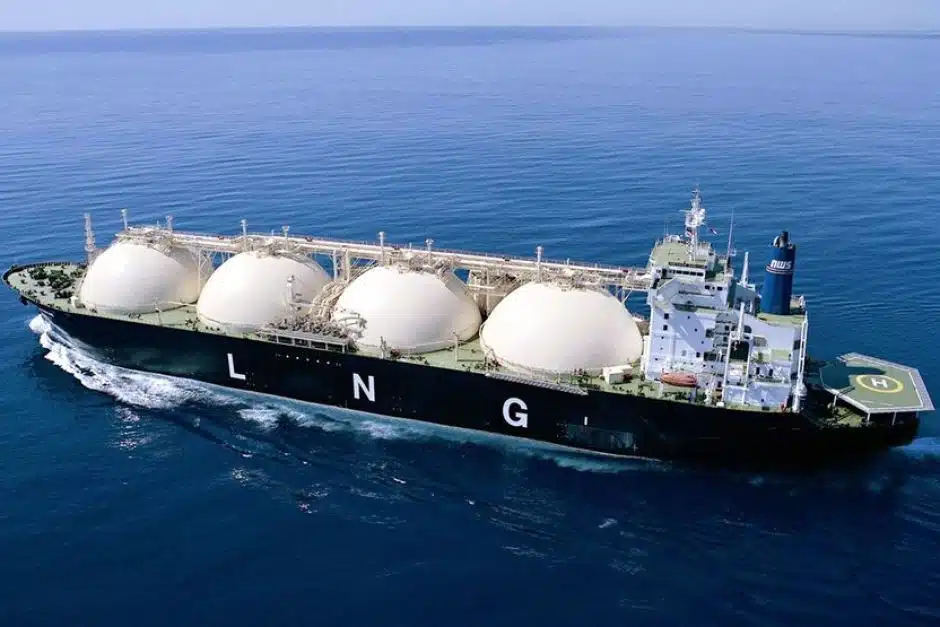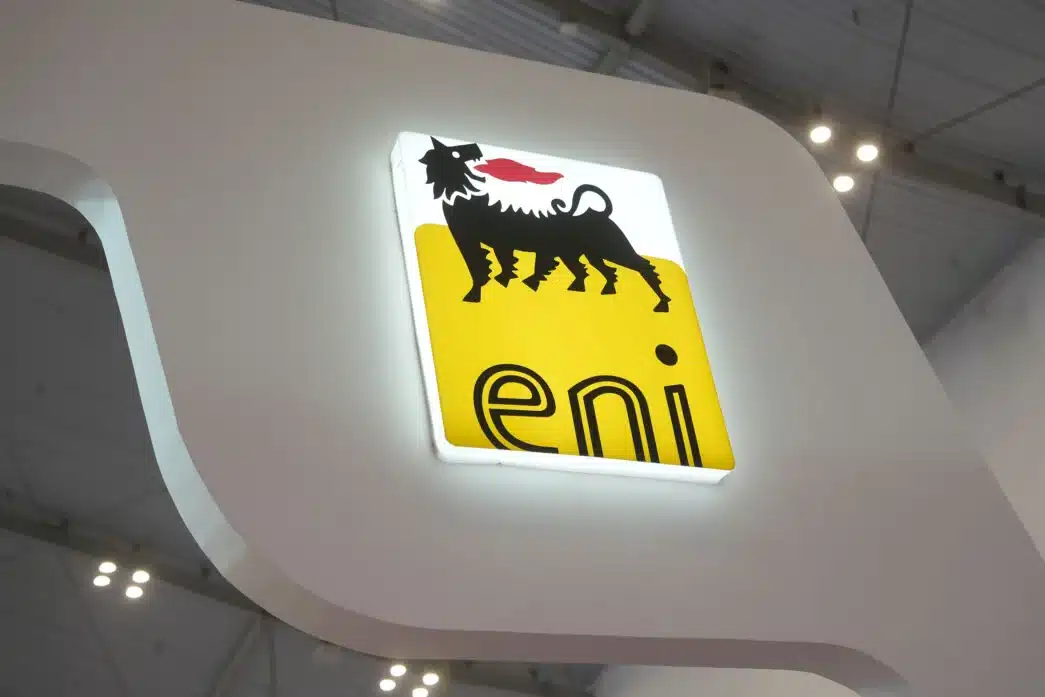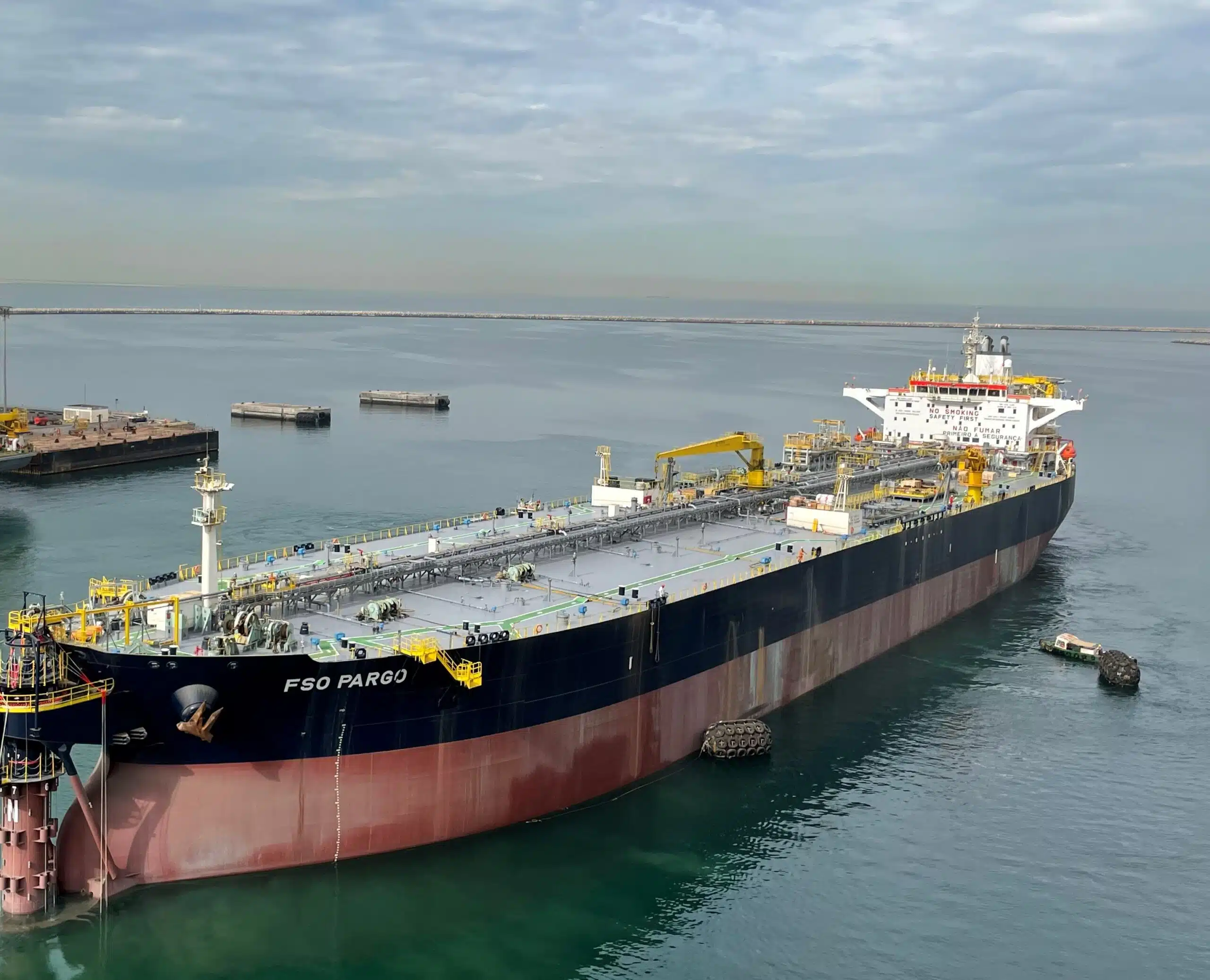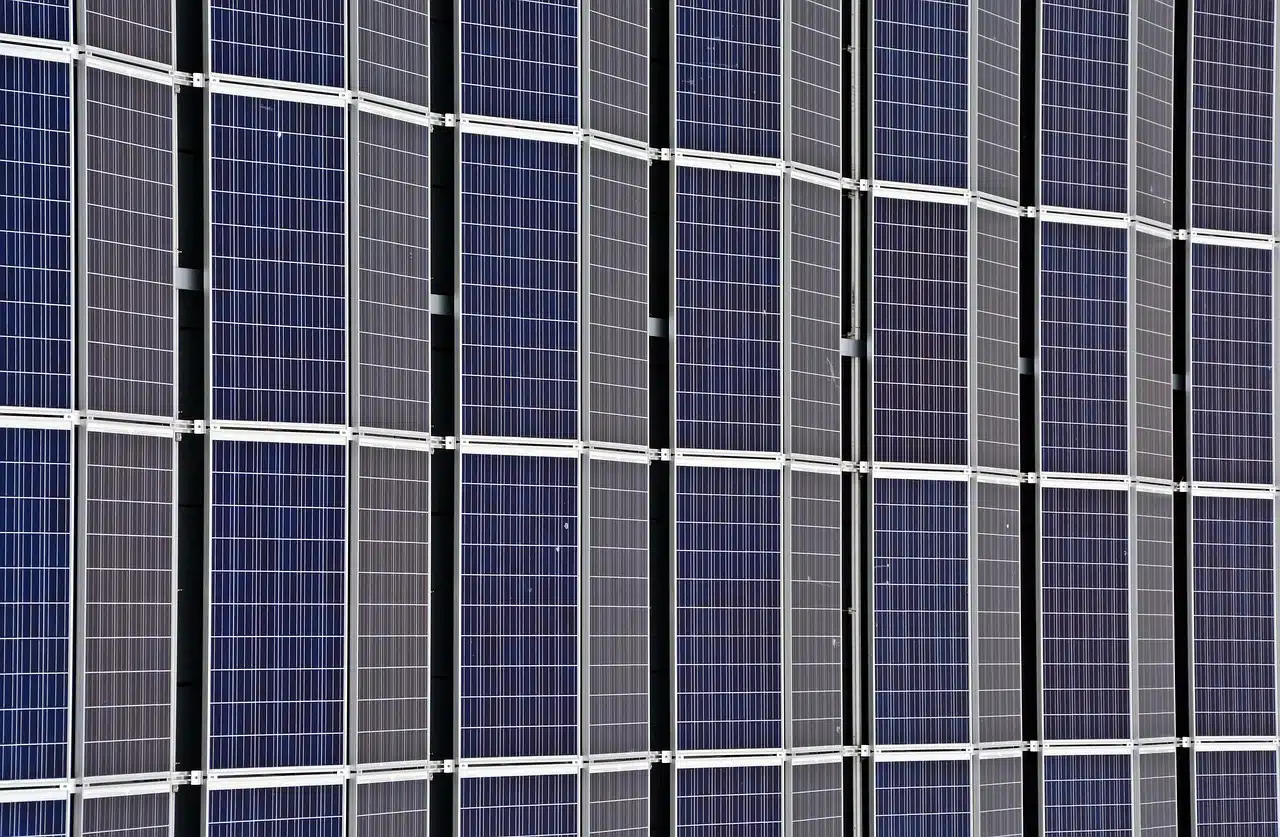Despite a decline in crude oil production, Ghana’s oil revenue in 2024 increased by 27.8% to $1.36 billion, compared to $1.06 billion in 2023.
The 2024 report of the Public Interest and Accountability Committee (PIAC) shows that the country’s 2024 oil earnings not only grew but also ranked as the second-highest ever.
Since Ghana began commercial oil production in 2010, its highest revenue to date has been $1.42 billion, recorded in 2022.
However, Samuel Bekoe, who presented the report at a recent media engagement in Koforidua, said, “The revenue performance reflects the resilience of Ghana’s petroleum sector in the face of declining output.”
Breakdown of 2024 petroleum revenues:
- Carried and participating interest: $603.5 million
- Corporate income tax: $502.87 million
- Royalties: $239.98 million, among other income streams
The boost in 2024 was largely attributed to favorable global oil prices, despite a marginal drop in oil output.
Ghana’s oil production declines
In 2024, Ghana pumped a total of 48.42 million barrels of oil, marking the fifth consecutive year of declining output since 2019.
Same year, production from Ghana’s key oil fields (Jubilee and TEN) peaked at 72.44 million barrels.
Alongside natural declines in the fields, the slowdown has also been attributed to reduced reinvestment by operator Tullow Oil which has been battling huge debts in recent years.
This financial strain forced Tullow to scale down operations in Kenya, Uganda, and Gabon.
However, the company has recently resumed drilling at the flagship Jubilee field, with the first of two planned wells already yielding positive results.
The Jubilee and TEN fields account for more than 80% of Ghana’s daily oil production, while the Sankofa field contributes relatively little.
Yet, in 2024, Sankofa supplied nearly half of Ghana’s total gas production because of lower development costs, while Jubilee and TEN contributed the least.
Bekoe revealed that Ghana produced a total of 280.5 Bcf of raw gas in 2024. Of this volume:
- 41.3% was exported
- 44.3% was injected
- 4.2% was used as fuel
- 10.2% was flared
Routine flaring remains a major concern, as Ghana has limited gas processing capacity, with only the Atuabo plant operational.
Earlier in June, PIAC reported that Ghana burned off 28.5 Bcf of natural gas in 2024, valued at around $170 million.








